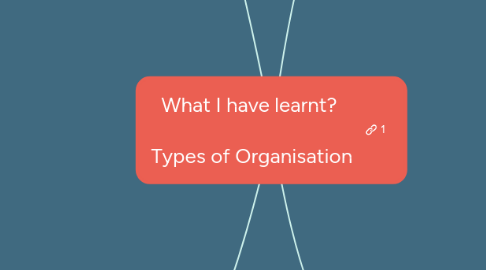
1. Challenges Case studies from Retail, Finance and Public sectors
1.1. Time
1.1.1. Time allocated to L&D "away" from operations/service delivery - earning money/sales providing 'front line' capabilit
1.1.2. 70:20:10 model seen as a solution to this challenge - however requires a culture of learning in the "70 and 20 space"
1.2. ROI
1.2.1. Public: Heavy scrutiny on expenditure (quite rightly) and the need to demonstrate VfM. Restricted to Govt enabled contracts and long timelines to agree expenditure. Doesn't measure performance in terms of profit but in terms of savings to the Treasury.
1.2.2. Private: Seems money not as much of an issue but can't assume that there is not a similar pressure to demonstrate Value for Money (VfM). Measure performance in terms of profits but difficult to directly link L&D initiatives to monetary returns.
1.2.3. Measure of Effectiveness is key
1.3. Staff Turnover
1.3.1. Retail industry suffers largely due to turnover and development of staff. Constant cycle of new employees on-boarding and getting them to a good level of performance before they leave.
1.3.2. Conversely staff in long term positions need CPD to ensure currency in skills which depending on individual can be a challenge to motivate or a 'carrot' to keep the individual invested in.
1.4. Digital Transformation
1.4.1. Keeping Up!
1.4.2. Cost
1.4.3. Up-skilling Staff and Customer
1.5. Different learning styles
1.6. Regulation. How to make compliance training interesting?
2. Types of Organisation
2.1. Production Focus
2.1.1. Product
2.1.2. Service
2.2. Evolution
2.2.1. Adaptive
2.2.2. Dynamic
2.2.3. Static
2.3. Age
2.3.1. Start-up
2.3.2. Immature
2.3.3. Mature
2.4. Ownership
2.4.1. Private
2.4.2. Voluntary
2.4.3. Franchise
2.4.4. Public
2.5. Delivery
2.5.1. Online
2.5.2. F2F
2.6. Reach
2.6.1. Global
2.6.2. Local
2.6.3. National
2.6.4. Regional
2.7. Client Focus
2.7.1. Business to Business (B2B)
2.7.2. Business to Customer (B2C)
3. The Golden Thread Am I delivering what the business needs and not what it asks for?
3.1. Am I delivering the strategy?
3.1.1. What organisational goal or strategy is the work I am doing right now contributing g towards?
3.2. Am I solving performance problems?
3.2.1. What day to day performance problem is the work I am doing right now helping to address?
3.3. The Golden Thread is the link between your day-to-day actions and the Organisation's strategy, purpose and goals.
3.4. If I can't identify the link (Golden Thread) between Strategy and performance issues then ask myself - Why am I doing this?
4. Learning Philosophy: An inspirational statement that defines key characteristics about the vision for learning.
4.1. Why: Learning is essential for driving...
4.1.1. Strategy
4.1.2. Goals
4.1.3. Performance
4.1.4. Innovation
4.1.5. Competitive Advantage
4.2. What: Is learning for?
4.2.1. Competence
4.2.2. Skills
4.2.3. Behaviours
4.2.4. Compliance
4.3. Who: is the learning for?
4.3.1. Where
4.3.1.1. F2F
4.3.1.2. Blended
4.3.1.3. Online
4.3.1.4. Work Place
4.3.1.5. 70:20:10
4.3.1.6. Coaching
4.3.2. How: is learning designed and facilitated
4.3.2.1. Learning informed by insights and data
4.3.2.2. Consider unique learner needs
4.3.2.3. Measure effectiveness throughout the learning process
4.3.2.4. Design and deploy learning rapidly
4.3.2.5. Learning accessible anytime and anyplace
4.3.2.6. Room for pre-thinking experimentation and reflection
4.3.2.7. Creates multi-media learning environments
4.3.2.8. Learning informed by behavioural science
4.3.2.9. An interesting, anxiety-free environment
4.3.2.10. Room for self-direction and learner exploration
4.3.2.11. Communities and conversations encouraged
4.3.2.12. Support well-being during change
4.3.3. When
4.3.3.1. Accessibility?
4.3.3.1.1. Work hours
4.3.3.1.2. Any time
4.3.3.2. Continuous - lifelong?
4.3.3.3. Only at specific points in one's career? (induction, promotion, new role, new tech)
4.3.4. For Everyone?
4.3.5. Certain roles?
4.3.6. Who is responsible for learning?
